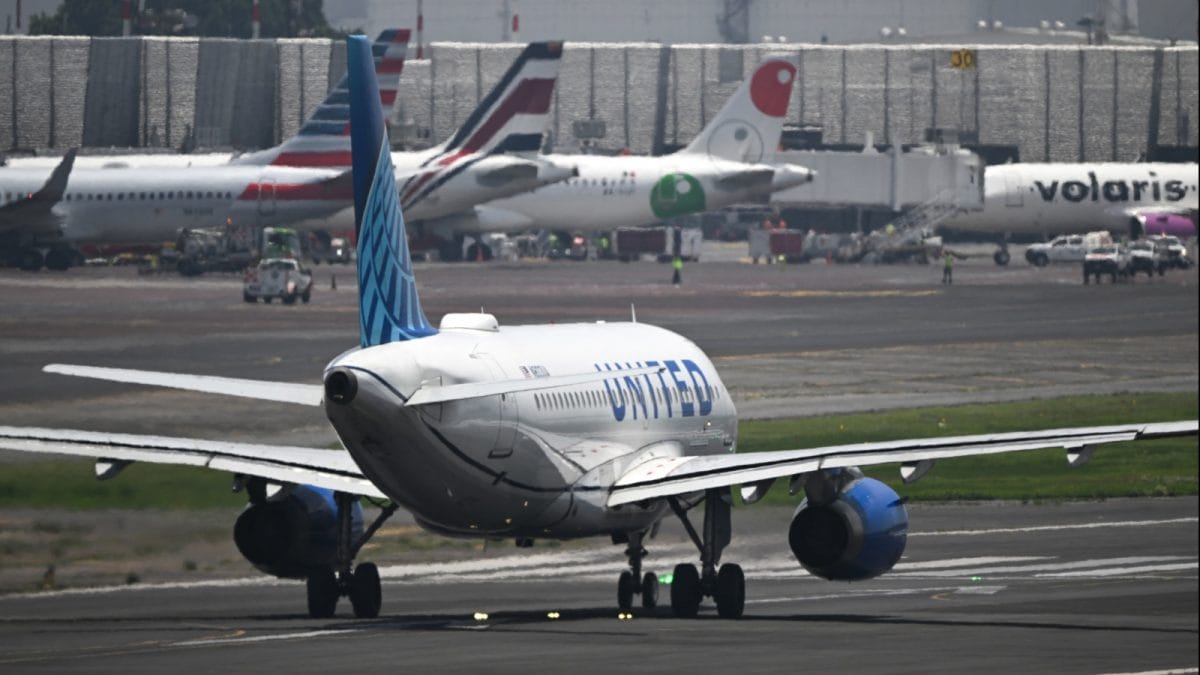ARTICLE AD BOX
Last Updated:August 14, 2025, 04:34 IST
Highlighting the road collapses, cracks, and substandard construction of the highway in Kerala, the panel warned that these issues could have led to tragic casualties

Cracks developed on the NH 66 stretch in Malaparamba, Kozhikode as well. (File photo: X)
The Public Accounts Committee (PAC) has criticised the prevalent practice of multi-layered sub-contracting in highway projects, stating it causes a diffusion of accountability, cost discrepancies, and compromises on quality.
Highlighting the poor condition of National Highway-66 in Kerala—marked by road collapses, cracks, and substandard construction—the panel warned that these issues could have led to tragic casualties if they had occurred after the road opened to the public.
In its 33rd Report on the levy and regulation of fees, tolls, and infrastructure governance on national highways, released on Tuesday, the PAC recommended that the Ministry of Road Transport and Highways (MoRTH) and National Highways Authority of India (NHAI) discourage sub-leasing of work beyond one level—contractor to one sub-contractor.
If further sub-contracting is absolutely necessary, it should only be allowed with special approval from NHAI. The NHAI must ensure that all sub-contractors are registered, get prior approval, and are clearly documented, the report stated.
‘Large Gaps Between Sanctioned and Awarded Costs’
Linking sub-contracting practices with unusually large gaps between sanctioned and awarded costs in several NH-66 packages, the Committee recommended that the Ministry conduct a detailed review of all NH-66 projects.
The report indicated that such large gaps are initial red flags for potential poor quality due to sub-contractors. On average, for all 20 packages of the NH-66 project, the awarded cost is only around 54% of what was sanctioned.
The project from Kadambattukonam to Kazhakuttom was approved at Rs 3,684.98 crore, but the contract was awarded for just Rs 795 crore—only about 22% of the approved amount, the report noted.
The report highlighted that sub-contracting practices adopted by the main concessionaire at lower costs provide them a clear profit without executing any work or bearing any responsibility. This can lead to delays, lower quality, and weak accountability, especially if these sub-contractors are not properly monitored.
The Committee is concerned about such a large difference, as it raises questions about whether these projects are being carried out as originally specified in the DPR and whether subcontracting at lower costs is affecting the quality and scale of the work, the report added.
‘Main Contractor Remains Fully Responsible’
The Ministry was advised that in every case, the main contractor must remain fully responsible for completing the work, even if they engage sub-contractors. The Committee urged the Ministry to take strong steps to prevent contractors from quoting abysmally low prices just to win tenders.
The Committee noted that much of the road infrastructure is executed by sub-contractors, who might not be accountable under the primary contract framework, according to the Ministry’s own submissions.
The unchecked layering of contractors and sub-contractors, particularly in EPC, BOT, and HAM projects, has led to a diffusion of accountability, where the Authority has limited leverage to enforce quality standards or timely delivery, the Committee observed.
While sub-contracting is not explicitly defined or regulated in the statutory or contractual framework governing NHAI projects, it is indirectly permitted through a broad enabling clause under Section 16(2)(h) of the National Highways Authority of India Act, 1988, as amended.
This provision empowers the Authority to engage or entrust any of its functions to any person on such terms and conditions as may be prescribed. However, this discretion appears to have resulted in multi-tier sub-contracting, with severe consequences for project quality and timelines, it stated.
‘Hold Sub-Contractors Legally Responsible’
The Committee recommended that the standard contract formats, including Model Concession Agreements, be revised to ensure that sub-contractors can also be held legally responsible—along with the main contractor—for any delays, safety problems, or quality failures.
The Committee suggested that if any work is carried out by an unauthorised sub-contractor and if NHAI finds any quality issues, then both the main contractor and that sub-contractor should be blacklisted.
It was also recommended that NHAI should consider limiting the amount of work or contract value that can be sub-contracted, and standard contract formats should include clear rules making all contractors, main and sub, jointly and severally responsible for the quality, safety, and timely completion of the work.
Earlier this month, News18 reported that an Expert Committee appointed by NHAI found the existing soil at several sites had low bearing capacity and recommended additional ground improvement measures after four incidents of major damage were reported on National Highway 66 between 2024 and 2025 in Kerala.

Nivedita Singh is a data journalist and covers the Election Commission, Indian Railways and Ministry of Road Transport and Highways. She has nearly seven years of experience in the news media. She tweets @nived...Read More
Nivedita Singh is a data journalist and covers the Election Commission, Indian Railways and Ministry of Road Transport and Highways. She has nearly seven years of experience in the news media. She tweets @nived...
Read More
- Location :
- First Published:
August 14, 2025, 04:34 IST
News india NH-66 Infra Failures: Parliament Panel Pans MoRTH's Multi-Layered Sub-Contracting
Disclaimer: Comments reflect users’ views, not News18’s. Please keep discussions respectful and constructive. Abusive, defamatory, or illegal comments will be removed. News18 may disable any comment at its discretion. By posting, you agree to our Terms of Use and Privacy Policy.
Read More



.png)
.png)
.png)
















 1 day ago
7
1 day ago
7







 English (US) ·
English (US) ·